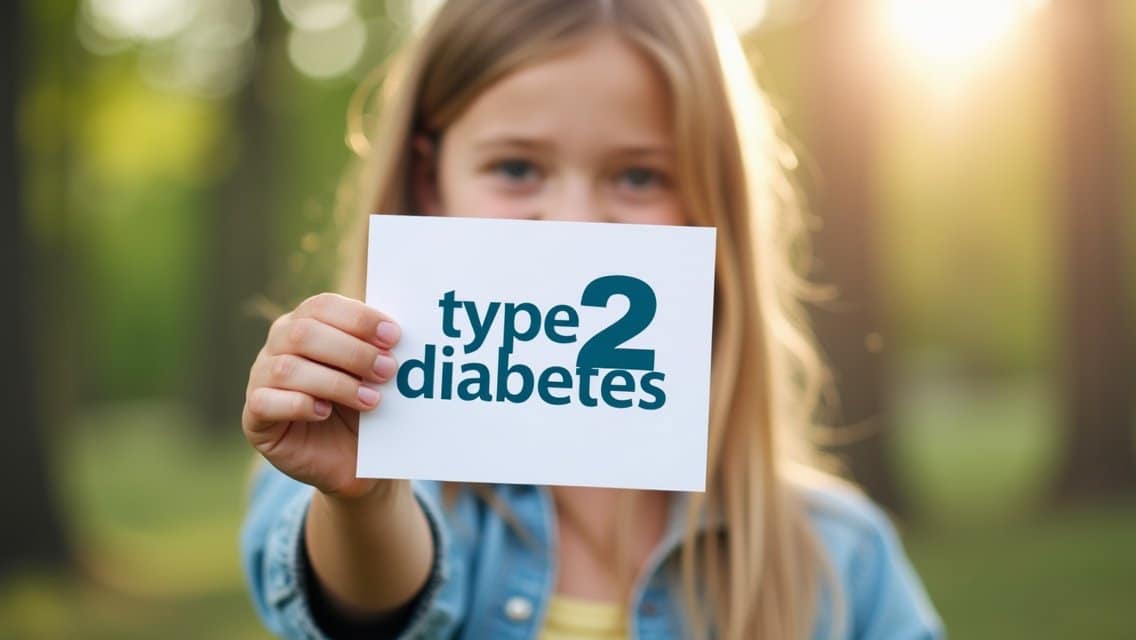Treatment for Gestational Diabetes
Today diabetes is affecting people continuously worldwide. Millions and millions of people have been affected by diabetes. There are 2 types of diabetes. Gestational diabetes is another type of diabetes. Here you will find what is gestational diabetes and treatment for gestational diabetes.
Useful Articles: 1. What is Diabetes? Basic Information. 2. Natural Treatment for Diabetes. 3. American Diabetes Association
What is Gestational Diabetes?
Gestational diabetes is a type of diabetes that develops during pregnancy in women who didn’t have diabetes before.
It occurs when the body cannot produce enough insulin, a hormone that regulates blood sugar, to meet the increased needs during pregnancy.
As a result, blood sugar levels rise, which can lead to complications for both the mother and the baby if left untreated.
Most women with gestational diabetes can manage their condition through diet, exercise, and sometimes insulin or medication.
It typically goes away after giving birth, but it can increase the risk of developing type 2 diabetes later in life.
Usually develops in the second or third trimester.
Risk factors include obesity, family history of diabetes, or having had gestational diabetes in previous pregnancies.
Babies born to mothers with gestational diabetes may be larger, which can lead to delivery complications.

What are the Symptoms for Gestational Diabetes?
Gestational diabetes often doesn’t cause noticeable symptoms, which is why screening during pregnancy is important.
- Increased thirst – Feeling excessively thirsty more often than usual.
- Frequent urination – Needing to urinate more frequently, particularly in large amounts.
- Fatigue – Feeling unusually tired or exhausted, which can be mistaken for normal pregnancy fatigue.
- Dry mouth – A persistent dry mouth or feeling of dehydration.
- Blurred vision – Occasionally, elevated blood sugar can affect eyesight.
- Frequent infections – Higher susceptibility to infections like urinary tract infections (UTIs), yeast infections, or skin infections.
Useful Articles: 1. Treatment for Type 1 Diabetes. 2. Signs of Sugar Diabetes. 3. Low Blood Sugar Symptoms: Daily Check Up
Treatment for Gestational Diabetes
Healthy Eating: A balanced diet is crucial to managing gestational diabetes. This usually involves:
Eating smaller, more frequent meals.
Focusing on high-fiber foods, like fruits, vegetables, and whole grains.
Limiting sugary foods and simple carbohydrates.
Choosing lean proteins and healthy fats.

Regular Exercise: Physical activity helps the body use insulin more efficiently, which lowers blood sugar levels. Activities like walking, swimming, or yoga for at least 30 minutes most days of the week can help manage gestational diabetes.
Monitoring Blood Sugar: Regularly checking blood sugar levels using a glucose meter is important to ensure they remain within a healthy range. This helps to adjust diet and exercise plans as needed.
Medication or Insulin Therapy: If diet and exercise aren’t enough to control blood sugar levels, some women may need medication or insulin injections to help their body regulate glucose.
Regular Prenatal Care: Frequent doctor visits to monitor both the mother and baby’s health are important. This ensures that any complications are caught early and managed properly.
Postpartum Care: After delivery, blood sugar levels usually return to normal. However, doctors may continue to monitor blood sugar for a few weeks postpartum to ensure the diabetes has resolved.
Conclusion
Gestational diabetes requires careful management to ensure the health of both mother and baby.
A combination of proper diet, regular exercise, and blood sugar monitoring plays a key role in maintaining healthy glucose levels.
In some cases, medication or insulin may be necessary to control blood sugar effectively.
With the right approach, most women can manage gestational diabetes and have healthy pregnancies.
Postpartum care is equally important to monitor recovery and prevent future diabetes risk.









